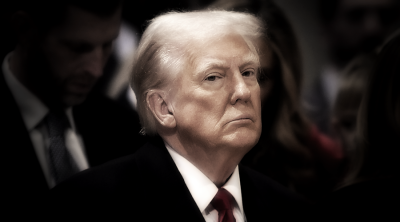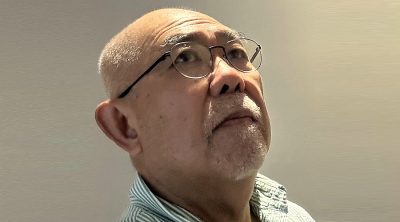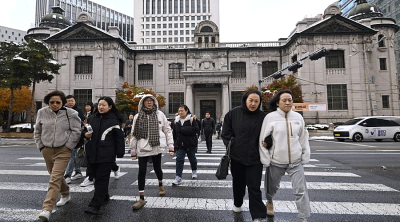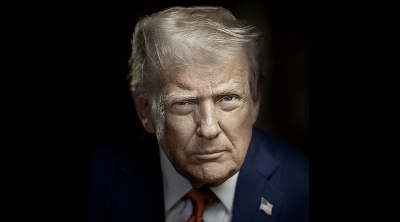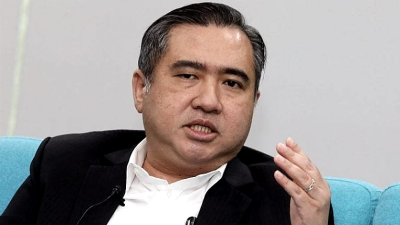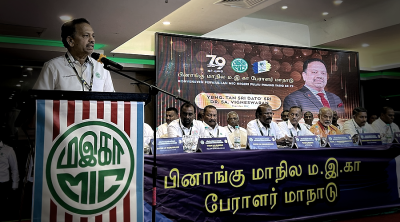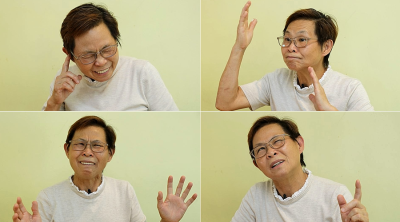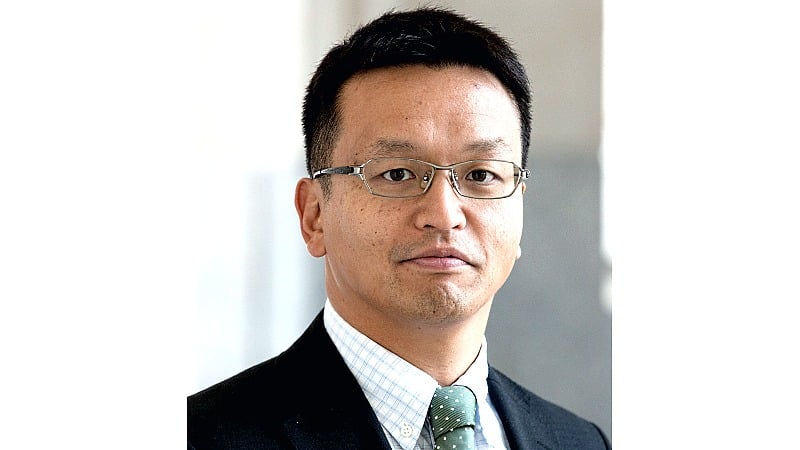
Kim Yo Jong, deputy department director of the Central Committee of the Workers’ Party of Korea (WPK), issued her first statement under her own name on March 3, 2020.
In the statement, she denounced the South Korean presidential office as a “mere child” and a “burnt child dreading fire.”
At the time, the South Korean president was the progressive Moon Jae-in, and Kim openly expressed her dissatisfaction with his prioritization of the US-South Korea alliance over the 2018 Inter-Korean Agreement.
What was surprising was that the very next day, her brother, President of the State Affairs Commission Kim Jong Un, sent then South Korean President Moon Jae-in a personal letter expressing his condolences to the South Korean people fighting Covid-19.
Kim Jong Un’s duplicitous remarks were superficially diplomatic, while his true feelings were conveyed by his sister.
In the same month, March 22, Kim Yo Jong also issued a statement to the United States.
The statement expressed gratitude for the personal letter from President Trump to Kim Jong Un, but warned Washington not to become overly optimistic about US-North Korea relations.
Since then, Kim Yo Jong’s statements have been irregularly sent to the United States, South Korea, and even Japan as a representation of Kim Jong Un’s true feelings.
On July 28, 2025, Kim Yo Jong issued an unprecedented series of statements.
In one, she dismissed the proposal of South Korea’s Lee Jae-myung administration to end loudspeaker broadcasts and leaflet distribution aimed at North Korea and to allow individual South Korean tourists to visit North Korea.
She also denounced the newly appointed Minister of Unification’s plan to invite a North Korean representative to the APEC summit in Gyeongju City in South Korea at the end of October as a “ridiculous delusion.”
Due to security concerns, Kim Jong Un has never attended a multilateral international conference. He did not attend Russia’s Victory Day ceremony in May.
It is absurd to speculate that Kim Jong Un might visit South Korea under these circumstances, and this idea exposes the overconfidence and delusion of South Korean progressives who believe they control issues on the Korean Peninsula.
Kim Yo Jong reiterated her previous assertion that “the ROK, whether it advocates the ‘democracy’ or assumes the mask of ‘conservativeness,’ can never be the partner of reconciliation and cooperation.”
From North Korea’s perspective, the Lee Jae-myung administration, which has made clear its stance of prioritizing the US–South Korea alliance, is perceived to be, “little short of their predecessor’s.”
However, it is noteworthy that North Korea, which had remained silent since the inauguration of the Lee Jae-myung administration, issued the Kim Yo Jong statement.
The move reflects Pyongyang’s view that abandoning unification will, in turn, prompt South Korea to abandon its own absorption-based approach.
Article 4 of the South Korean Constitution states, “The Republic of Korea shall seek unification and shall formulate and carry out a policy of peaceful unification based on the basic free and democratic order.”
If South Korea were to clearly abandon unification, a constitutional amendment would naturally be necessary.
The Lee Jae-myung administration appears to be considering changing the name of the Ministry of Unification, which serves as the dialogue channel with North Korea, but Pyongyang is unlikely to be satisfied with such a superficial step.
Lee Jae-myung will retain a majority in the legislature until the general election in April 2028, enabling him to govern from a position of strength.
While inter-Korean relations may appear unlikely to change for the time being, it should not be overlooked that developments in US–North Korea relations could create conditions for Seoul to undertake bold policy shifts.
Another press statement issued on the same day, regarding contact with the United States, asserted that the current situation differs from that of 2018–2019, when the US-North Korea summits took place.
It stated, “The recognition of the irreversible position of the DPRK as a nuclear weapons state and the hard fact that its capabilities and geopolitical environment have radically changed should be a prerequisite for predicting and thinking everything in the future.”
Over the past six or seven years, while US-North Korea negotiations have been stalled, North Korea has updated its nuclear doctrine, no longer rejecting the possibility of a preemptive attack, and last year it successfully formed an alliance with Russia.
Unlike the statement on South Korea, the statement on the US did not rule out the possibility of dialogue.
Kim Yo Jong urged concessions, stating that there should be a minimum judgment to admit that it is “by no means beneficial to each other for the two countries possessed of nuclear weapons to go in a confrontational direction, and if so, it would be advisable to seek another way of contact on the basis of such new thinking.”
While this is expressed in abstract terms, it can be interpreted as a call for the establishment of a peace regime, such as normalizing diplomatic relations.
Moreover, Kim Yo Jong also stated that “the personal relationship between the head of our state and the current US president is not bad,” which can be seen as her first flirtation with the second Trump administration.
Now that the ball is in his court, what proposal will Trump make to Kim Jong Un?
With his hands full dealing with tariff negotiations, the Russia-Ukraine war, and the situation in the Middle East, it is widely expected that he will not address the North Korea issue seriously until next year or later.
However, a single word or action by Trump could cause the situation on the Korean Peninsula to become unstable at any time.
Risks and opportunities constantly coexist there.

(Atsuhito Isozaki is Professor at Keio University, Japan.)
ADVERTISEMENT
ADVERTISEMENT






